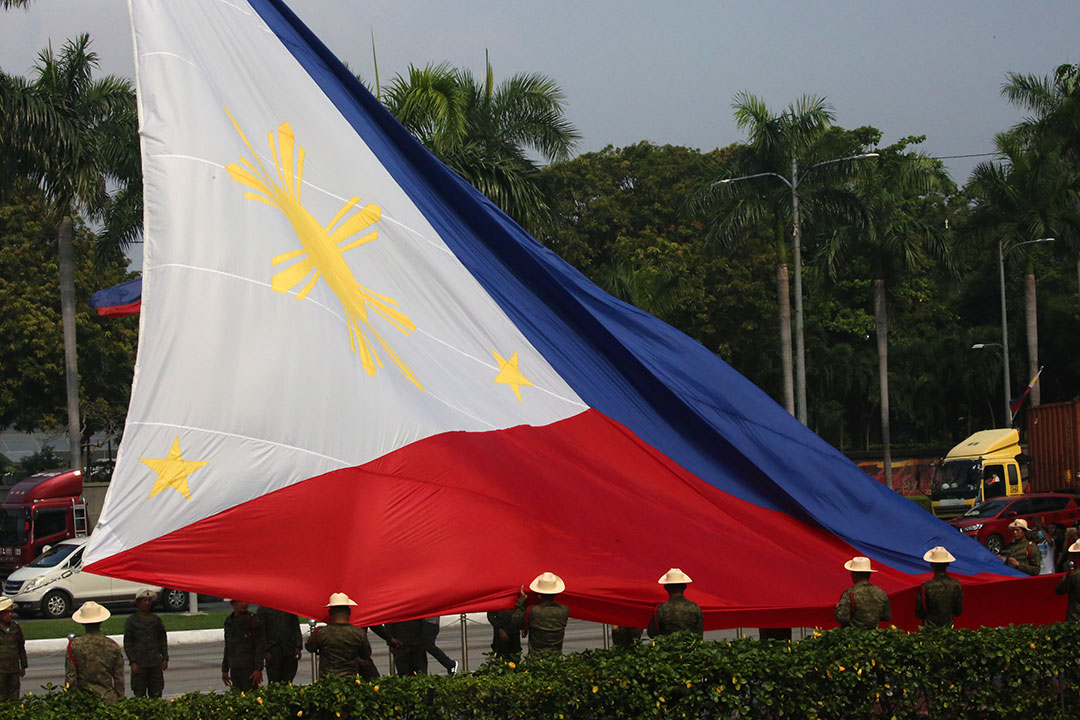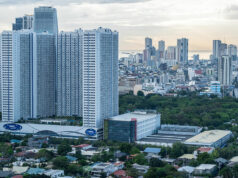BoI approves P329.52 billion in investment pledges as of May

THE BOARD of Investments (BoI) has approved P329.52 billion in investment pledges in the first five months of 2025 and expects to process at least P1.12 trillion worth of projects in the next two quarters.
The investment promotion agency (IPA) approved four projects from January to May, with P61.52 billion of their total value coming from foreign investors and P268 billion from domestic investors, it said in a statement.
However, the investment pledges approved in the period were 48.53% lower compared to the P640.22 billion worth of projects okayed a year ago.
This brought the BoI’s investment approvals in the last 35 months or since July 2022 to P3.71 trillion.
Despite the year-on-year decline seen in the period, BoI Chairman and Trade Secretary Ma. Cristina A. Roque said the IPA expects a rebound in investment approvals, supported by the soon-to-be-released 2025-2027 Strategic Investment Priority Plan (SIPP) and upcoming roadshows.
“With the SIPP nearing approval and the Corporate Recovery and Tax Incentives for Enterprises to Maximize Opportunities for Reinvigorating the Economy (CREATE MORE) Act campaign in full swing, we expect a rebound in investment approvals over the next quarter,” said Ms. Roque in a statement over the weekend.
“Our focus remains on converting interest into impact — bringing in high-value investments that will deepen our industrial base and future-proof our economy,” she added.
According to the BoI, the SIPP is undergoing final review and is nearing release. It is expected to unlock investment opportunities in digital infrastructure, energy transition, and climate-smart technologies.
Meanwhile, for the upcoming legs of the CREATE MORE Roadshows, the BoI is targeting Cebu and Davao. They are also planning to attend investment fora in other strategic markets in the coming months.
For 2025, the BoI is targeting to secure P1.75 trillion in investment pledges, an 8% increase from P1.62 trillion last year.
The IPA said it expects to process projects worth at least P1.12 trillion in the second half of the year, with 65 projects worth P290 billion already undergoing checklisting and three projects worth P832 billion securing the necessary documents to qualify for registration.
“Checklisting marks the initial phase of the BoI registration process where project proponents have formally signified their intent to apply and submitted the required documents to support their application,” the agency said.
The applications are now being reviewed by the BoI to assess their eligibility for registration, it said.
“We are now entering a crucial implementation phase where many of our previously approved investments are being realized on the ground,” Ms. Roque said. “At the same time, we are working hard to sustain momentum by pushing a new wave of projects toward registration, ensuring that today’s pipeline becomes tomorrow’s operational infrastructure, jobs, and innovation.”
Of the projects being checklisted, 12 projects worth P116.81 billion are strategic investments approved to receive green lane treatment.
Established through Executive Order No. 18 in February 2023, green lanes were constituted to accelerate and simplify the permit and licensing processes for strategic investments.
As of May 27, the BoI has endorsed 208 projects worth P5.2 trillion in investment value to the One-Stop Action Center for Strategic Investments. The majority or 78% of the projects endorsed for green lane treatment are in renewable energy (RE).
The government has seen an increase in RE investments after it allowed full foreign ownership in the sector.
The BoI said the pipeline of investment pledges covers areas such as RE, information technology and business process management, manufacturing, logistics, food security-related, mass housing, and infrastructure.
“Once approved, these projects are expected to generate approximately 4,278 jobs, reinforcing the government’s commitment to high-quality, inclusive employment for Filipinos,” it said. — Justine Irish D. Tabile



